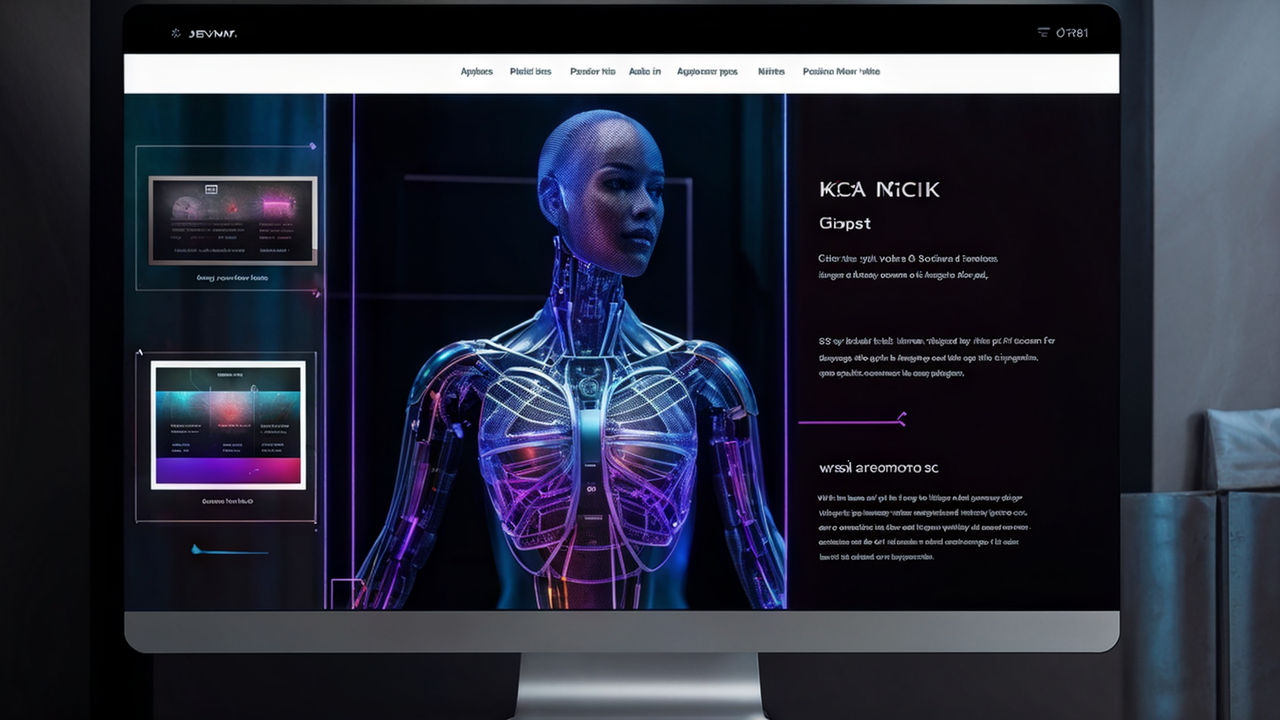Unleash AI Power: Advanced AI-Powered Recommendation Engines for 2024 Success
Introduction: The Future of AI-Powered Recommendation Engines
AI-powered recommendation engines are reshaping how users interact with apps and websites. By providing hyper-personalized suggestions, these engines create an engaging user experience that feels intuitive. Developers are now leveraging AI to increase user engagement, boost retention, and drive conversions. As we head into 2024, mastering advanced recommendation engines can offer businesses a competitive edge in a rapidly evolving digital landscape.
AI-powered recommendation engines are at the heart of personalization, and their potential continues to grow. Whether you’re designing an e-commerce platform or a content streaming service, these systems ensure that every interaction feels tailor-made for each user.
Understanding the Core of AI-Powered Recommendation Engines
AI-powered recommendation engines work by analyzing vast amounts of data—user behavior, purchase history, preferences, and trends—to deliver personalized suggestions. These engines rely on sophisticated algorithms and models to determine what a user is likely to enjoy or buy next. There are three main types of recommendation engines:
- Collaborative Filtering: Uses data from multiple users to predict individual preferences.
- Content-Based Filtering: Suggests items based on a user’s past behaviors and preferences.
- Hybrid Models: Combines both collaborative and content-based approaches to offer more accurate suggestions.
Implementing these engines can drastically increase user satisfaction, as seen in optimizing website performance. This means that developers can focus on improving speed without compromising the personalized experience.
The Role of Machine Learning in Modern Recommendation Systems
The foundation of any powerful recommendation engine is machine learning. By constantly learning from user inputs, AI models adapt and improve, offering more relevant suggestions over time. Developers use machine learning algorithms like:
- Neural Networks: These are designed to mimic the human brain, learning patterns and behaviors to predict future actions.
- Deep Learning: A subfield of machine learning that deals with large, complex datasets, essential for creating accurate recommendations.
- Natural Language Processing (NLP): Allows recommendation engines to understand and process user-generated content, such as reviews or comments.
The key to building robust recommendation systems is not just using machine learning but optimizing the data pipeline. Platforms that leverage AI-driven real-time data processing are ahead in personalizing content dynamically based on real-time user interactions.
Real-World Applications and Benefits
Recommendation engines are prevalent in many industries, from e-commerce to entertainment. Popular streaming platforms like Netflix and YouTube have long relied on advanced recommendation engines to keep users engaged. Similarly, e-commerce giants like Amazon use them to deliver personalized product suggestions that increase sales.
- E-commerce: AI-powered engines recommend products based on browsing and purchase history, driving upselling and cross-selling.
- Streaming Platforms: Users get personalized suggestions for movies, TV shows, or music based on viewing habits.
- News and Content: Platforms deliver articles, videos, or blogs based on user interests, enhancing user retention.
With the increasing adoption of AI, developers now face the challenge of integrating AI-driven development tools into existing platforms while ensuring scalability, performance, and a seamless user experience.
Challenges and Considerations for Developers
While AI-powered recommendation engines offer immense benefits, they also come with challenges. One of the primary concerns is ensuring data privacy and security. Since these engines rely on large datasets, developers must adhere to global AI regulations to protect user data and maintain compliance.
Moreover, AI models can unintentionally introduce bias, resulting in unfair or non-diverse recommendations. To combat this, developers need to build transparency and accountability into their recommendation systems. Techniques like explainable AI help in understanding how algorithms make decisions, reducing the risk of biased outcomes.
Finally, scalability is another concern. As user bases grow, recommendation engines must scale efficiently to handle more data and interactions without sacrificing performance.
Conclusion: Harnessing AI-Powered Recommendation Engines for Future Success
In conclusion, advanced AI-powered recommendation engines are transforming the way businesses engage with users. By understanding user behavior and preferences, these engines offer hyper-personalized experiences that drive conversions and boost retention. Developers who invest in building scalable, secure, and unbiased systems will be well-positioned for success in 2024 and beyond.
For those looking to stay ahead, mastering AI-powered optimization techniques is essential in creating systems that are not only smart but also fast and responsive.
Discover more from Just-CO
Subscribe to get the latest posts sent to your email.




